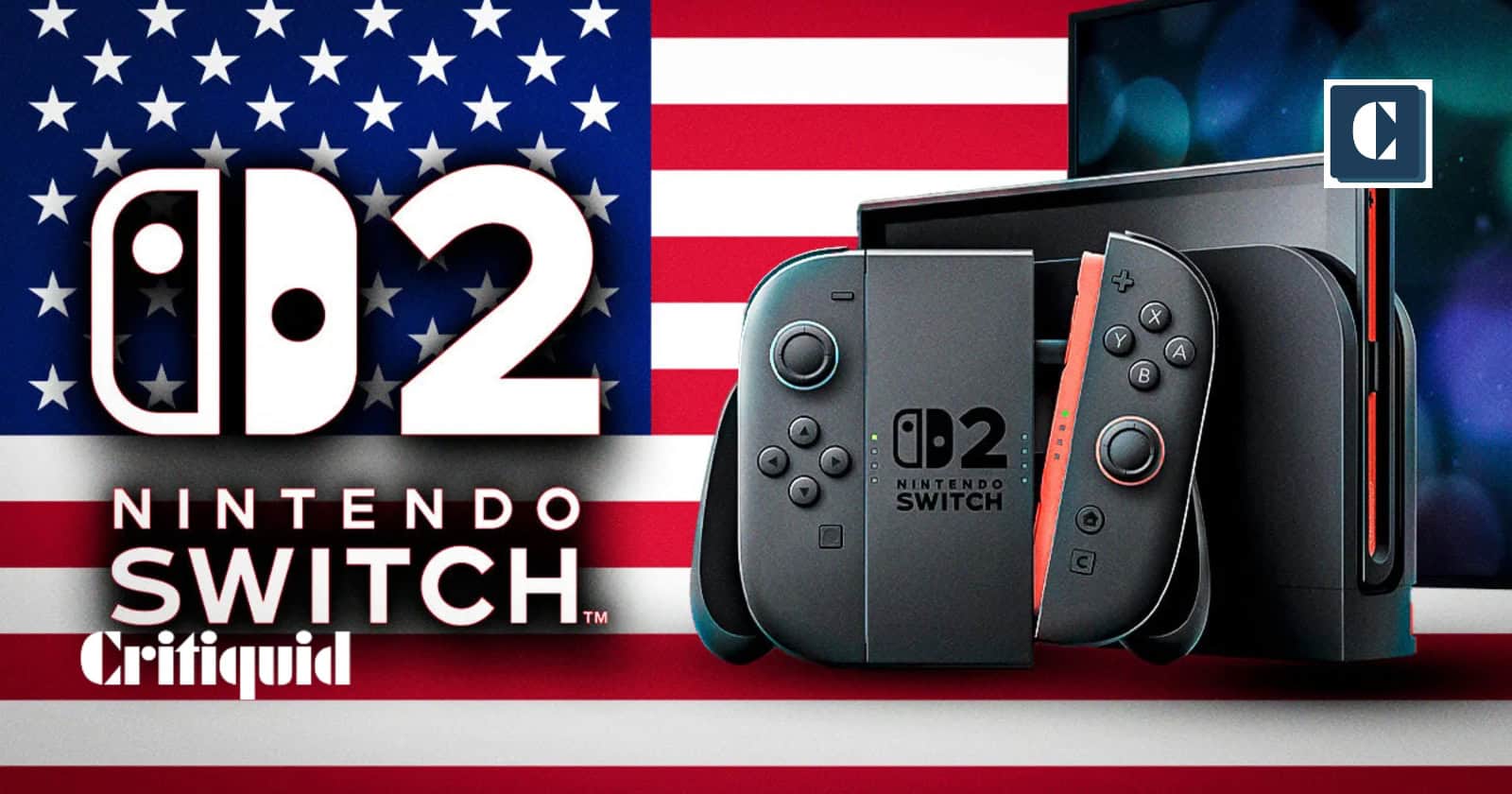Nintendo postpones Switch 2 pre-orders in US amid new tariffs

Nintendo is delaying pre-orders for its highly anticipated Switch 2 console in the United States as it evaluates the impact of new tariffs imposed by the Trump administration.
The Japanese gaming giant announced that pre-orders, originally scheduled to begin April 9, will be postponed indefinitely while the company assesses how the 24% levy on Japanese imports might affect pricing and availability. Despite the pre-order delay, Nintendo maintains that the official June 5 launch date remains unchanged, with the console still priced at $449.99.
How will tariffs impact the gaming industry’s future?
The delay highlights the growing challenges facing tech companies as they navigate an increasingly complex global trade landscape. Nintendo’s decision comes in direct response to President Donald Trump’s recent implementation of a 24% tariff on imports from Japan, where the company manufactures many of its products.
“Nintendo is likely assessing several strategies to mitigate these impacts,” according to industry analysts familiar with the situation. These strategies could include adjusting inventory allocations, exploring alternative manufacturing locations, or potentially modifying pricing structures.
Regional differences
While American gamers face uncertainty, Nintendo confirmed that pre-orders in other regions, including the UK, are proceeding as originally scheduled. The company has promised to update U.S. customers about revised pre-order availability at a later date, though no specific timeline has been provided.
The selective delay underscores the regional nature of these trade policies, with impacts varying significantly across different markets.
Industry implications
The situation with Nintendo represents a concrete example of how global trade policies directly impact the gaming industry. Companies now face added pressure to adapt their supply chains and pricing strategies quickly to maintain market competitiveness.
Gaming hardware, which typically operates on thin profit margins compared to software and services, is particularly vulnerable to cost increases from tariffs. This could potentially lead to higher prices for consumers if manufacturers cannot absorb these additional costs.
Industry experts note that similar tariff situations in the past have led to either price increases or reduced availability of products in affected markets. Some manufacturers have previously relocated production facilities to avoid tariffs, though such moves require significant time and investment.
Nintendo has not yet indicated whether the $449.99 price point might change as a result of the tariff situation.
The company is expected to provide additional details about its U.S. launch strategy in the coming weeks as it finalizes its approach to these new market conditions.
